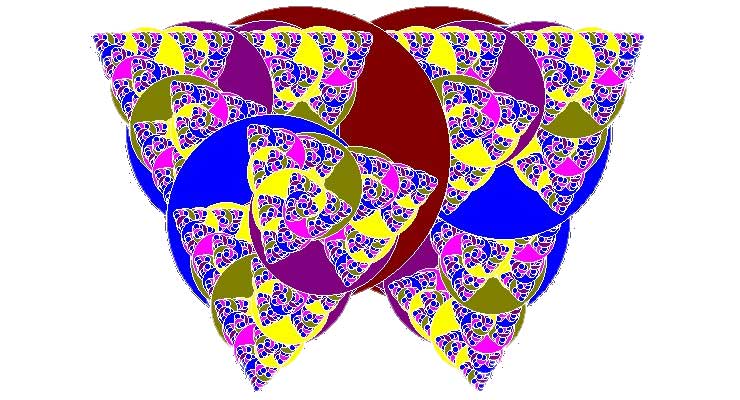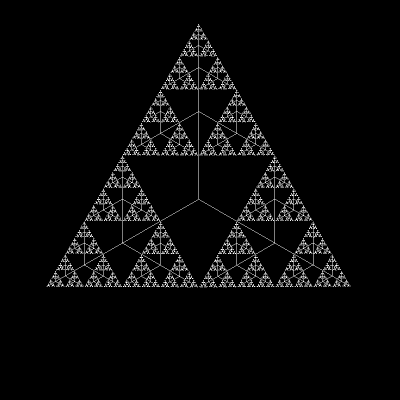
Major depressive disorders (6.7%), PTSD (8%) and other anxiety disorders together emiserate a substantial percentage of humanity. Clinicians differ about the efficacy of our first line of defense against the above: SSRI antidepressants and their newer cousins SSNIs. The latest meta-studies inform us they do work very well for many.
But they also lose efficacy over time, can be expensive, have side effects, and there’s still the large minority of patients for whom these medications and all other treatments just don’t work.
Psychedelics do, at a constant rate of between 70-80% depending on which of the several thousand studies you read; those done in either the 1950s and 1960s, or the new, fMRI and EEG assisted research completed in the last decade. It has been a good few years for “psychedelic” (“mind manifesting” in Greek) medicine. Results from the 1960s studies have been repeated and replicated recently with these crucial new modalities. This literature and some startling neurochemical research provide answers as to the “how” of their mechanisms of action.

Most of the earlier research was done with LSD whereas now psilocybin (found in “magic” mushrooms) is mostly used. There are complicated little differences between them but for our purposes the two are extremely similar.
In nearly every respect psychedelics differ in form, function and result from today’s daily antidepressant regimen. Unlike pills, psychedelic treatment involves a whole day’s commitment. The effects of one session can last months or years: it depends on many individual, predictable patient-centered factors, but a comfortable and optimum frequency of use is about once or twice a month. This sounds time consuming, but for the (remember, 70%+) patients who report a profound decrease in depressive symptoms, a day or two a month is a small price to pay. Very few patients wouldn’t spend that time given the payoff of greatly improved depressive symptoms. Indeed, most softer cases would make the same bargain.
Psychedelic therapy is effective and not unpleasant. In fact it’s so pleasurable healthy people risk years in jail to enjoy it for no other reason than to “tune up” their mental health and happiness. Patients and healthy freelance aficionados often use the words “mystical” and “transformative.”
It’s not all upside as a recent article from your correspondent explains herein. Schizophrenic patients must avoid psychedelics. And the profundity and confusion of the experience are not for everyone. That said, they are non-addictive, don’t cause aggression or result in hangovers, and in all practicality they are impossible to overdose on. Their legal prohibition has little to do with protecting the public’s health.
Earlier studies focused on treating addictions: alcohol and nicotine, mainly, and are now being repeated and confirmed, but a greater volume of today’s literature focuses on depression, PTSD and end of life anxiety.
An interesting aside here, endorsed by the latest research, working on what we learned 50 years ago, is that the psychedelic (“tripping”) experience caused (not correlated, caused) an increase in the personality trait of “openness” (to new experiences) as a liberal, humanistic value.
Additionally, and no less startling, is an increased “appreciation of nature.” This was not a category the attending neurologists originally had on their clipboards but decided to include afterwards due to the sheer number of participants reporting this phenomenon. Possibly it’s where we get the environmental movement’s “hippy” stereotypes from.
To summarize: psychedelics broaden one’s perspective, shift one’s ideology a little to the “left”, increase empathy, openness, and help one appreciate the beauty of nature.
The experiences are profound – patients use that word a lot, often comparing them to major life events like their weddings or the birth of a child. It is this gravity of experience that, after political factors having nothing to do with medicine, got all the psychedelics banned by the Misuse of Drugs Act (M.D.A.) in 1971.
The M.D.A. was the Nixon administration’s response to political events coincident with the increasing popularity of LSD, thus halting thousands of years of human experience and flourishing with this class of pharmaceutical. “The ancients,” who used psychedelics, got nearly everything dangerously, murderously wrong: but they got this right. We lost that momentum, but the recent research renaissance shows hope of picking up the pace again.
The few underground therapists who currently operate in the shadows (illegally) administering psychedelics are in a tough place. They risk being thrown in the slammer for what they know helps their patients. They see the results close up: formerly hopelessly depressed people (and even the everyday melancholy) smile as they walk into the splintered sunlight of long-term normalcy. They see PTSD veterans suddenly able to take their kids to school without freaking out at a car backfiring, dying cancer patients given inner peace with their fate, and addicts helped to put down that cigarette (here, and here) or bottle.
This is within our society’s reach. Or, in the optimistic future and with a gradual softening of the laws, there’s a glimmer of hope for recreational use by healthy humans wanting to “reboot” (another common term used by patients) their consciousness.
Because psychedelics do help make sick people healthy and healthy people even better.
Andrea says
Not a few fatal accidents have occured in Japan, where people sourced “herbs” from the internet or other places and got into a car while still high. I know people who claim going on holiday works better than clinical treatment for depression. Travel has some of the same effects you describe here; the openness, appreciation of nature, the removal of the depressive’s tendency to ruminate etc., by changing environment. Not everyone can make time or afford to travel. Clinically controlled tripping might be the answer.
Jack Jones says
The reason I like articles and poetry is that they nourish you without beating around the bush, I took note of this one months ago , I reread it and so believe there’s more to gather from it . Thank you for your contribution.